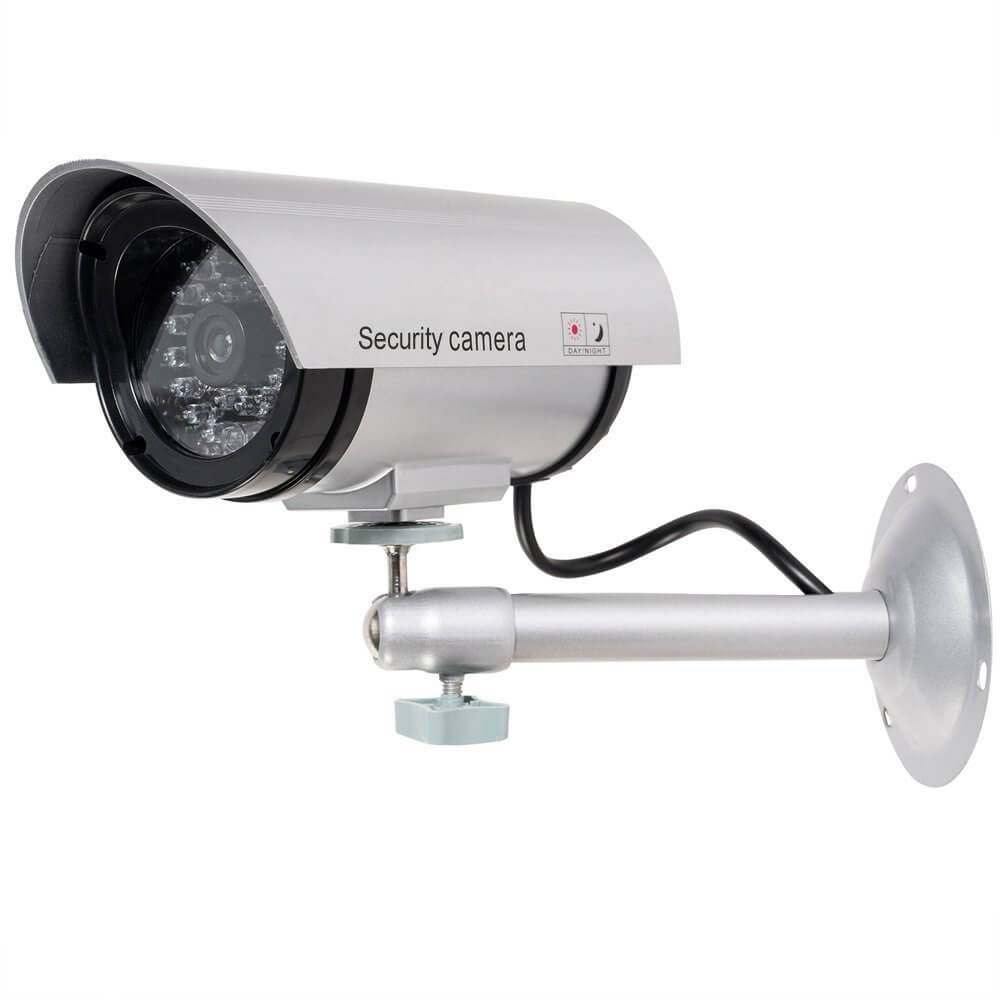Closed-circuit television (CCTV), also known as video surveillance, is the use of video cameras to transmit a signal to a specific place, on a limited set of monitors. It differs from shout from the rooftops television in that the signal is not openly transmitted, even if it may employ point-to-point (P2P), point-to-multipoint (P2MP), or mesh wired or wireless links. even if almost every video cameras fit this definition, the term is most often applied to those used for surveillance in areas that require supplementary security or ongoing monitoring. even if videotelephony is seldom called "CCTV" one exception is the use of video in isolate education, where it is an important tool.
Surveillance of the public using CCTV is common in many areas approximately the world. In recent years, the use of body worn video cameras has been introduced as a new form of surveillance, often used in do something enforcement, in the same way as cameras located upon a police officer's chest or head. Video surveillance has generated significant debate just about balancing its use in imitation of individuals' right to privacy even with in public.
In industrial plants, CCTV equipment may be used to observe parts of a process from a central rule room, for example when the quality is not good enough for humans. CCTV systems may proceed every time or deserted as required to monitor a particular event. A more futuristic form of CCTV, using digital video recorders (DVRs), provides recording for possibly many years, in the same way as a variety of vibes and discharge duty options and new features (such as occupation detection and email alerts). More recently, decentralized IP cameras, perhaps equipped with megapixel sensors, support recording directly to network-attached storage devices, or internal flash for definitely stand-alone operation.
By one estimate, there will be approximately 1 billion surveillance cameras in-use worldwide by 2021. virtually 65% of these cameras are installed in Asia. The buildup of CCTV has been slowing in recent years. The deployment of this technology has facilitated a significant lump in give access surveillance, a substantial rise in the methods of broadminded social monitoring and control, and a host of crime prevention events throughout the world.
5 reasons your business needs security cameras - Total Access Management & Security
Security Cameras in Boston, Syracuse, and Rochester
Hackers “could take over” surveillance cameras in banks and prisons, says ex-NSA man




No comments:
Post a Comment